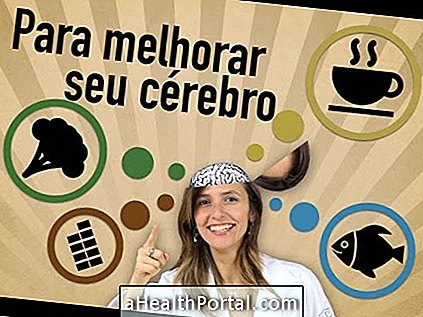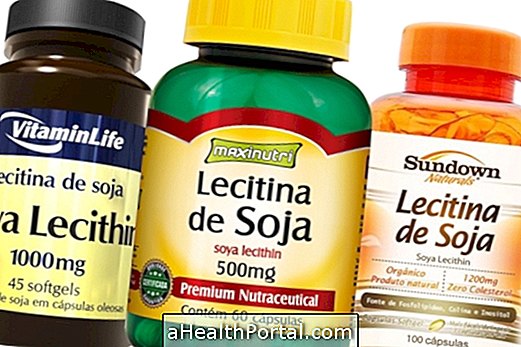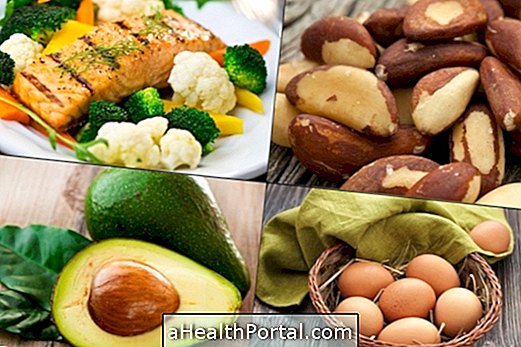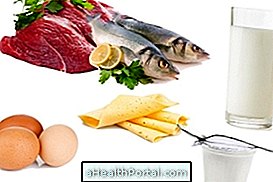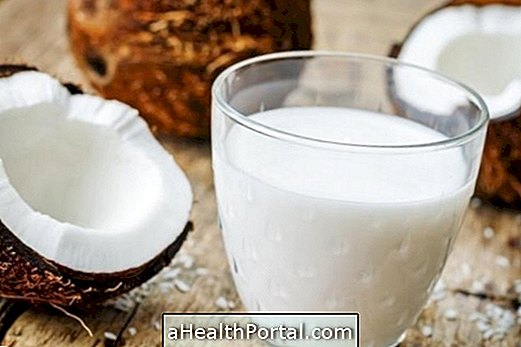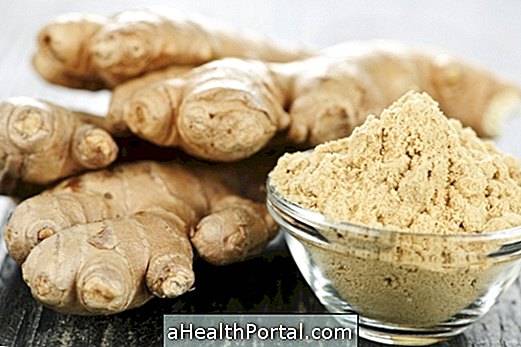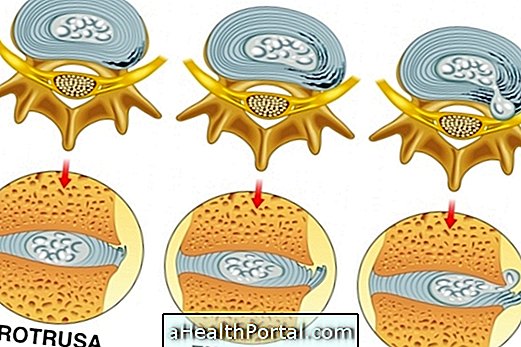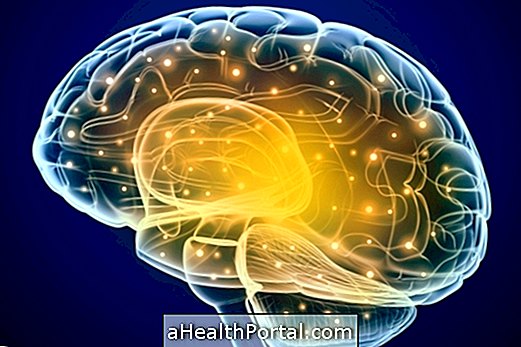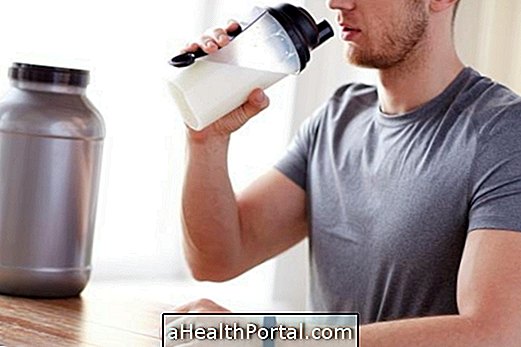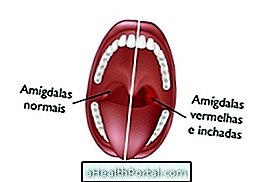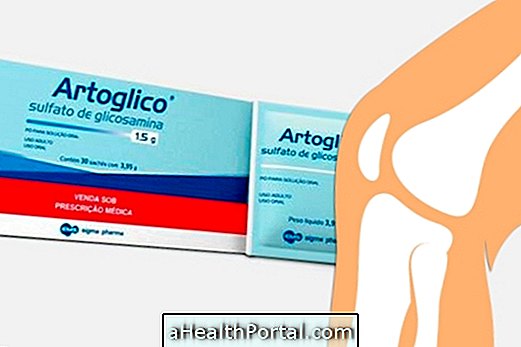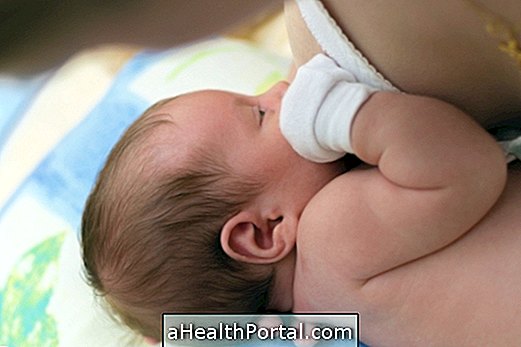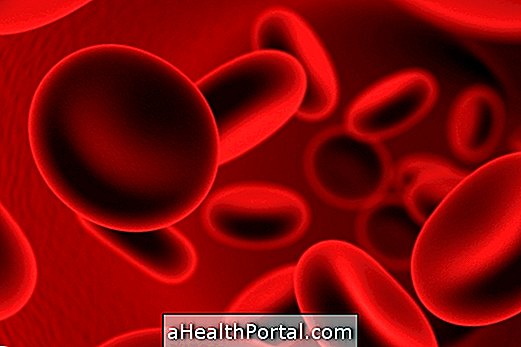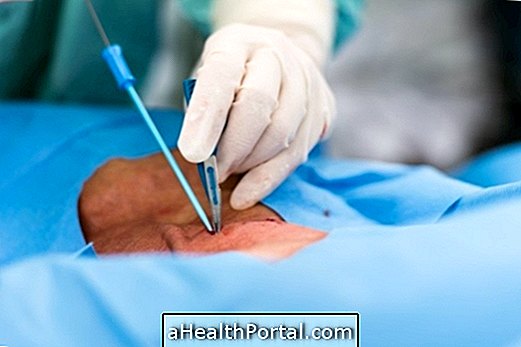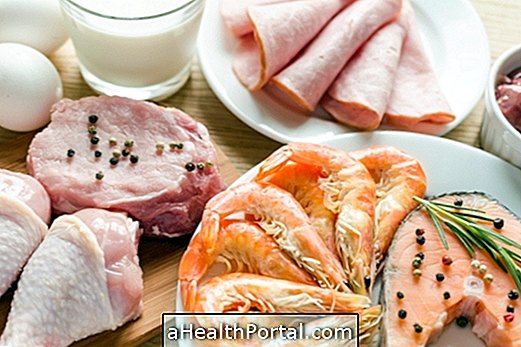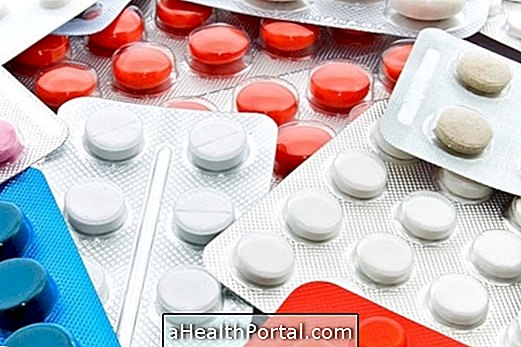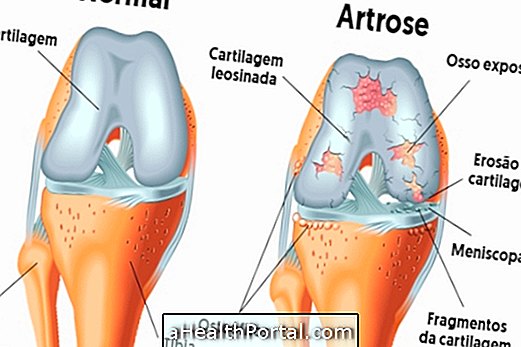The main food sources of vitamin D are meats, fish and seafood, such as salmon, sardines and seafood, and foods such as eggs, milk, liver, cheeses and mushrooms. In addition to food, the main source of this vitamin is its production in the skin from the exposure of the sun's rays, and it is important to sunbathe daily for about 15 minutes.
Vitamin D promotes the absorption of calcium in the intestine. It is important for strengthening bones and teeth, as well as preventing diseases such as rickets, osteoporosis, cancer, heart problems, diabetes and hypertension. See other vitamin D functions.
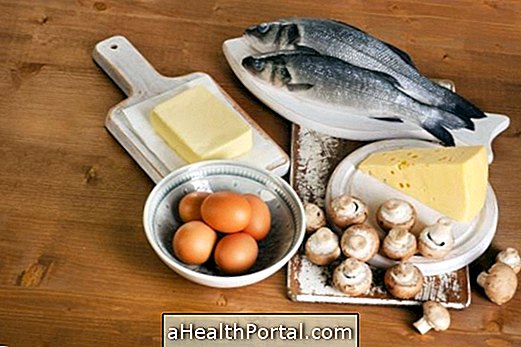
Amount of vitamin D in food
Foods rich in vitamin D are especially of animal origin, and the following table shows the amount of this vitamin in every 100 g of food.
| Foods rich in vitamin D | Portion | Amount of vitamin D | Energy |
| Cod liver oil | 13.5 g | 34 mcg | 118 calories |
| Boiled Salmon | 100 g | 12.5 mcg | 271.4 calories |
| Raw oysters | 100 g | 8 mcg | 81 calories |
| Fresh herring | 100 g | 23.57 mcg | 228.5 calories |
| Fortified Nest Milk | 100 g | 6.92 mcg | 500 calories |
| Boiled egg | 100 g | 1.3 mcg | 156 calories |
| Chicken liver | 100 g | 1.31 mcg | 136.9 calories |
| Canned Sardines | 100 g | 7.5 mcg | 296.4 calories |
A healthy adult needs to consume an average of 15 mcg per day of Vitamin D while the elderly need 20 mcg / day.
When to take Vitamin D Supplement
Vitamin D supplements should be used when this vitamin's blood levels are below normal, it being necessary to take blood to have this evaluation.
The doctor or dietitian may then recommend the use of capsule or drops supplements, which should be taken according to medical advice. In general, vitamin D deficiency is a common problem, which can increase the risk of problems such as infertility, bone weakness, cancer and heart problems. See Taking Safe Sunshine to Produce Vitamin D.
